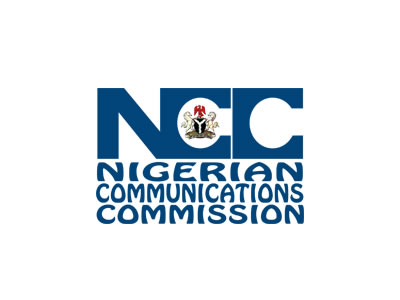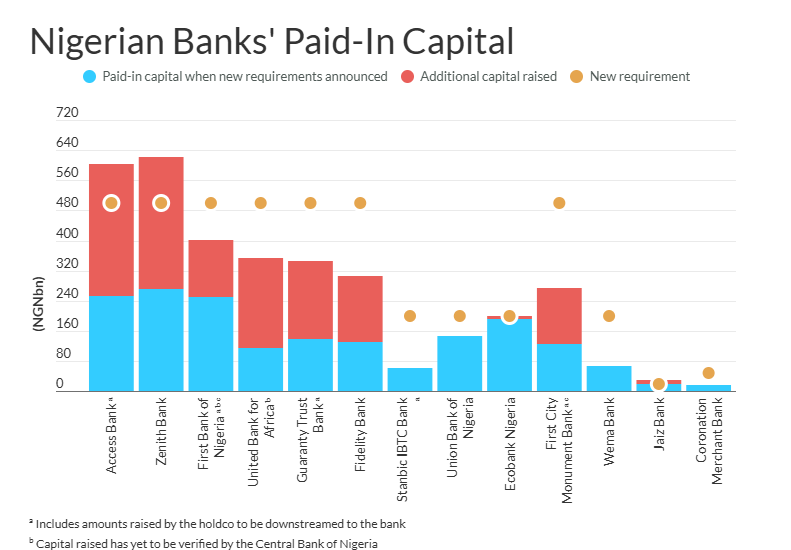Fidelity Bank Responds to Suspicious Remittance and Bribery Allegations

Fidelity Bank Plc has vehemently denied allegations of bribery against its staff, asserting that a recent transaction raised red flags under the bank's compliance protocols. The bank issued a statement on Thursday, signed by the Divisional Head, Brand and Communications, Meksley Nwagboh, in response to a report by Sahara Reporters. The report accused Fidelity Bank of deliberately withholding funds from a customer at its University of Benin (UNIBEN) branch and alleged that a staff member solicited a bribe to release the funds, which were sent via international money transfer.
According to the Sahara Reporters' account, a bank operations manager allegedly demanded a bribe from a customer who visited Fidelity Bank’s UNIBEN branch on March 14 to claim a Remitly transfer. The report stated that after a discrepancy in the customer’s middle name was corrected, only a portion of the funds was released, and the manager made unsettling remarks implying that a bribe was expected before the full payment could be processed.
Fidelity Bank has strongly refuted these claims, describing the publication as “false,” “malicious,” and “grossly unprofessional.” The bank stated that the customer initially visited the UNIBEN branch on Friday, March 14, to claim the Remitly transfer. While a name discrepancy initially delayed processing, the bank corrected it and processed the first tranche of the transfer. However, it was then discovered that the remittance had been split into seven parts.
In its statement, Fidelity Bank explained that, according to its Remittance policy, multiple transactions of this nature are required to undergo due diligence by the Compliance department before any payment can be made. This policy was communicated to the customer. The bank further stated that the customer returned on Monday, March 17, demanding full payment, despite the ongoing compliance review.
Fidelity Bank emphasized that splitting funds in such a manner is a common tactic used to evade regulatory thresholds, which necessitated further scrutiny. The bank's review uncovered several red flags, including the volume and structure of the transfers, the involvement of a third party claiming to be the recipient’s husband, and the beneficiary’s inability to adequately explain the purpose of the funds.
The bank contacted Remitly, the international money transfer operator, which informed Fidelity Bank that it had been unable to reach the sender. Furthermore, the beneficiary could not validate her relationship with the sender. According to Fidelity Bank, Remitly instructed the bank to reject the transaction, given their inability to contact the sender and the beneficiary's failure to validate the relationship.
The situation escalated on March 24 when the customer returned to the branch, staging a demonstration and allegedly threatening to tarnish the bank’s reputation in the media. Fidelity Bank firmly denies that any of its staff members requested a bribe, either explicitly or implicitly, to facilitate the transaction.
Fidelity Bank expressed its disappointment with the “gross unprofessionalism” of the Sahara Reporters' story, which accused the bank of intentionally refusing to pay a customer and accused its staff of soliciting a bribe without providing any evidence to support these claims. The bank is currently consulting with legal counsel to pursue legal remedies and has reported the matter to law enforcement for further investigation.
Fidelity Bank reaffirmed its commitment to strong corporate governance, adherence to the law, and the maintenance of the highest ethical standards in all interactions with its customers. The bank emphasized its dedication to operating as a leading financial institution with integrity and transparency.











